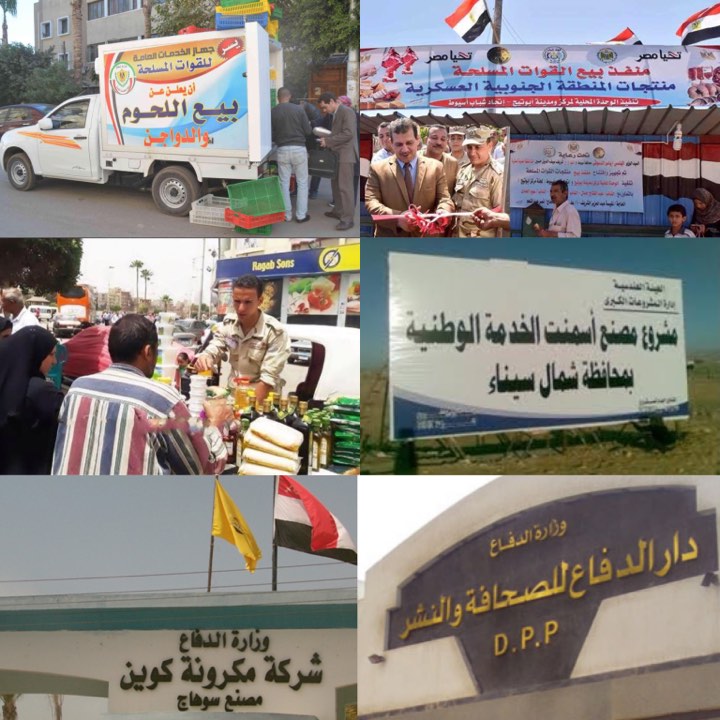In a new step of al-Sisi’s regime to conclude the file of Muslim Brothers’ money as soon as possible, the Interim Relief Court in Egypt ruled, on Sunday, the confiscation of properties of 89 members and leaders of the Muslim Brothers (Muslim Ikhwan) by the state’s treasury. The list of the expropriated included the family of the late President Mohamed Morsi, Supreme Guide Mohamed Badie and deputy guide Khairat el-Shater along with Abdel Rahman el-Bar, Mohamed el-Beltagy, Safwat Hegazy, Mahmoud Ghouzlan, Asaad Sheikha, Amin al-Seirafy, Basem Ouda, Mohsen Rady, Osama Yassin and Hossam Abu Bakr.
This is a series of steps taken by al-Sisi’s regime since the July 2013 military coup in order to control the money of the Egyptian dissenting leaders from Muslim Brothers or others alike. This time, the list was confined to the members and leaders of the Muslim Brothers, but the stipulations of laws legislated by al-Sisi’s regime permits the confiscation of anybody who speaks out against his power, even if there is no evidence they are funding terrorism.
Confiscation without indictment
The committee for managing the reserved Muslim Brothers’ money alleged in its demand to the court that the expropriated used their properties and money in funding the group activities including militant insurgency against the state. It added that they presented a monthly fund and logistics to the terrorist activities of the group. However, the list included surprisingly persons, who have not been indicted by any court rulings, on top of them are the family of late President Mohamed Morsi including his widow and four siblings except for Osama, who is still in remand in the case of the Rabaa sit-in.
Earlier, Abdel Moneim Abdel Maksoud, lawyer of the Muslim Brothers, considered that the recent rule indicates the conclusion of transferring the properties of Muslim Brotherhood members to the state’s treasury. According to Abdel Maksoud, this was based only on the investigations of National Security and previous Interim Relief rules with inserting those persons on the terrorism lists without any final court rules proving their engagement in terrorist activities.
In a similar vein, it is noteworthy that the recent rule came against the background of the financial crisis suffered by the state due to COVID-19 pandemic and the sharp rise of foreign debt, which puts question marks on the political causes behind the rule.
Unwarranted confiscation
In March 2020, al-Sisi signed new amendments to the terrorist entities law. The amendments included the confiscation and freezing of assets, stocks, and properties of those inserted on terrorism lists in a direct breaking of the constitution and the basic right to property. A judicial source from the Court of Cassation added that the amendments expand the authorities of police and security bodies putting them above the law.
Previously, the terrorist entities law had conditioned, for confiscating money, evidence of using this money in a terrorist activity. Abdel Maksoud said that the attorney general and the criminal court are depending only on the National Security’s investigations, so the Court of Cassation used to annul their decisions. Accordingly, the amendment came to abort the revision of the Court of Cassation.
The law authorises the public prosecution to insert persons and entities on terrorism lists after a revision by the criminal court, which has to issue a reasoned decision within seven days since the demand of the prosecution. This decision is to be published in the Official Gazette, so the person is subjected to the consequences of the decision; on top of them is the freezing of his assets and stocks. Thus, those properties are put under the management of the committee for managing the money of terrorists and terrorist entities. They do the inventory of the money, then apply to the Interim Relief Court to transfer it to the state’s treasury.
According to the law, the confiscation involves private property such as cars, houses, golden ornaments, jewellery and banknotes found in the houses along with stocks and assets including shops, companies and investments.





Recent Comments